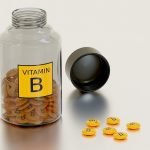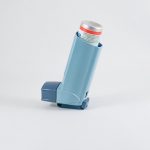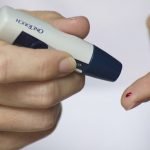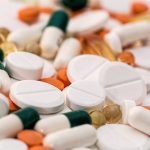Vitamin B3 may help treat common blinding eye disease glaucoma
Glaucoma involves a high risk of losing sight.
In a recent study published in Redox Biology, researchers found nicotinamide, the amide of vitamin B3, maybe...
Scientists develop new vaccine to block COVID-19 and variants
In a recent study published in Nature, researchers found a potential new vaccine is effective in protecting against a variety of coronavirus infections, including...
This type of omega-3 fatty acids can strongly improve heart health
In a new review study from Brigham and Women's Hospital, researchers found that omega-3 fatty acids can improve heart health.
For decades, there has been...
Orthopedic surgeon becomes patient after stroke at 48
As usual, Dr. Mike Knapic's workday was packed. By early afternoon, the orthopedic surgeon had completed three total knee replacements and was headed into...
New inhaled COVID-19 vaccine may prevent disease and transmission
In a new study from the University of Iowa, researchers found a single-dose, intranasal COVID-19 vaccine may fully protect against lethal COVID-19 infection.
The vaccine...
Early blood-sugar levels in type 2 diabetes crucial for future death risk
In a new study from the Universities of Gothenburg and Oxford, researchers suggest people who get type 2 diabetes need to gain control of...
Aspirin and other common anti-inflammatory drugs could help prevent COVID-19 deaths
In a new study from the University of Alberta, researchers found common anti-inflammatory medications such as aspirin can help treat the most harmful outcomes...
This eye disease may show higher risk of dementia
In a new study published in Ageing Clinical and Experimental Research, researchers found that older people with vision loss are much more likely to...
New AI tech for early detection of prostate cancer
Prostate cancer is the most diagnosed cancer and a leading cause of death by cancer in Australian men.
Early detection is key to successful treatment...
Adult ADHD linked to many health problems, study finds
In a new study from Karolinska Institutet, researchers found adults with ADHD are at higher risk of a wide range of physical conditions, including...










